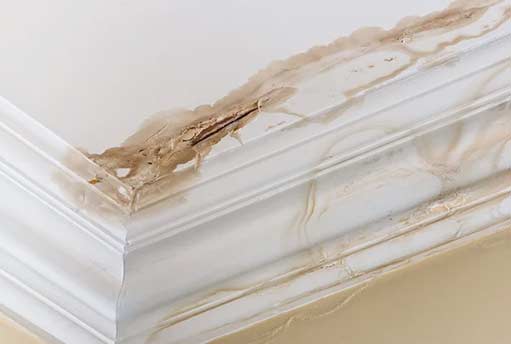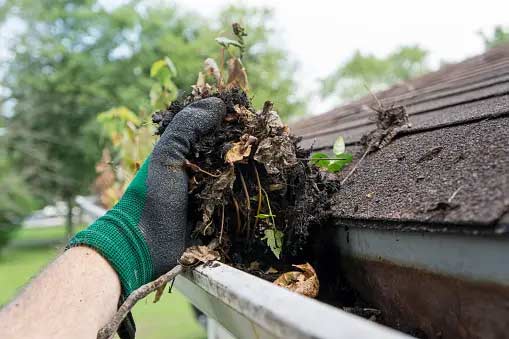
Flooding from heavy rains and problems with plumbing systems are two leading causes of water damage in homes, according to jkcosprings.com. Basement flooding is a major problem because of these factors: landscape, weather, and grossly inadequate stormwater management systems.
But chronic flooding from heavy rainfall and extreme weather events like hurricanes are not the only reasons for the high rate of water damage found in Chicago area homes. Water damage is also due, in large part, to homeowner’s negligence and ignorance.
As a result, Chicago has consistently featured at the top of the list of US cities that are most vulnerable to flooding. That is why, between 2004 and 2014, the city spent over $1.8 billion on grants, insurance, and loans for issues related to water damage.
Many homeowners do not understand the importance of maintaining those features that protect their homes from water damage. They underestimate the role that small actions play in reducing or increasing the risk of water damage in their homes.
As a homeowner whose home has been damaged by water in the past or someone who wants to ensure their home is adequately protected from this risk, what are the steps you can take to minimize your home’s exposure to water damage?
Here are a few simple steps to minimize the potential for water damage in your Chicagoland home.

7 steps to prevent water damage in your home
Apart from flooding due to heavy rainfall or hurricanes, the leading causes of water damage in homes are:
- Frozen, burst or leaking water pipes
- Leaks from appliance hoses
- Clogged bathroom and kitchen drains
- Problems in HVAC drain lines
- Roof damage due to ice dams
- Roof leaks caused by heavy snow
- Overflowing toilets and sewage backup
To prevent these problems while also defending your home from the larger issues caused by the weather, you can do the following:
Clean your gutters
Roof gutters help to keep rainwater and melted snow out of your basement. But if your gutters are blocked or poorly maintained, they can expose your home to water damage. Clogged gutters divert water to the roof, walls and foundation of your building. Leaky and loose gutters will compound your home’s maintenance issues. Cleaning your gutters and fixing them when they are damaged will prevent problems.
Extend the downspout
Downspouts work in conjunction with roof gutters to transport water away from your house. But the purpose of your downspout is defeated if the water is discharged close to the building. That encourages water pooling around the base of the home (or the water can flow into the basement). To prevent this problem, add an extension to your waterspout to ensure water is discharged far away from the house.
Check the slope around your home
If the ground around your home is graded to ensure that water always flows away from the house instead of towards it, you will have basement flooding issues and foundation problems. To keep rainwater from pooling near the foundation, you can slant the ground away from the home by piling soil around your home. If this doesn’t work, you may have to hire an expert to undertake more complex drainage solutions.
Install a sump pump
Sump pumps are a must-have if the risk of basement flooding in your Chicago homes is high. Sump pumps are your last line of defense against basement flooding. Even when other flood prevention measures fail, your home is still safe from water damage if it has a functional sump pump. When installing your sump pump, ensure its discharge outlet is at a proper distance from the home.
Sump pump backup and maintenance
Even with a sump pump, you can still have flooding incidents in your basement. This can happen if the sump pump fails, perhaps due to a power outage or other problems. To guard against this, you need a battery-powered backup sump pump in your home. You also want to ensure that both sump pumps are always well-maintained.
Deploy flood control measures around the home
There are several outdoor measures for protecting your home from water damage. Berms and other types of flood barriers break the force of floodwater to reduce the volume of water that enters your property. Rain gardens and green roofs help to soak up excess water. Having a French drain system installed provides an efficient way to remove water from waterlogged soil.
Scheduled plumbing inspection and maintenance
To avoid water damage in your home, you must know the state of your plumbing. Sudden changes in the condition of freshwater pipes, plumbing fixtures and drainage systems can result in water damage to your building. The only way to stay one step ahead of potential issues in the plumbing is through a program of scheduled maintenance and timely repairs.
Finally, to build all these steps into a tightly coordinated program for protecting your home from water damage, you need the services of an established Chicagoland plumber.

